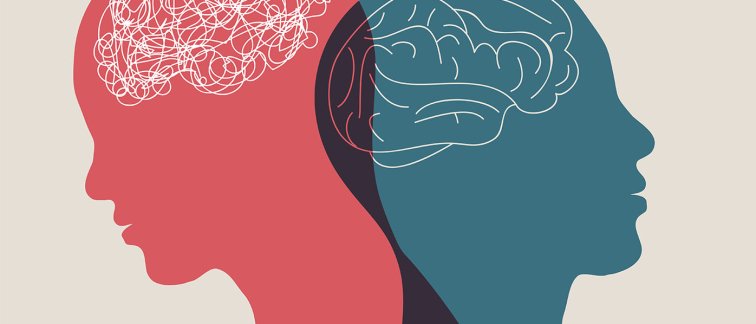Depression is a debilitating psychiatric disorder with a recurrent and progressive course. Around 25% of depressive patients have experienced moderate to severe levels of childhood trauma (CT), resulting in earlier onset and more severe and recurrent depressions that are more resistant to treatment with antidepressants and cognitive behavioral therapy.
Neurobiological studies provide compelling evidence that CT-related depression is a distinct subtype of depression with heightened stress reactivity due to glucocorticoid receptor (GR) overactivation during a vulnerable period in early childhood. There is currently no targeted treatment for CT-related depression. This is problematic as patients with CT-related depression respond poorly to standard depression treatments.
The RESET project proposes an innovative, targeted disease-modifying treatment for CT-related depression. New treatment strategies are investigated to ‘reset’ the stress system of these patients in two innovative randomized controlled trials (RCTs):
- The RESET-medication study is a 6-week double-blind placebo-controlled randomized trial testing the efficacy of a 1-week treatment of the glucocorticoid receptor antagonist mifepristone (+ treatment as usual; TAU) in 158 patients with CT-related depression. By blocking the glucocorticoid receptor (GR) using the drug mifepristone, we aim to reverse the biological sequelae of excessive stress due to CT and improve depression outcomes. The RESET-medication RCT is sponsored by the Dutch Brain Foundation (Hersenstichting) and is a close collaboration with the Leiden University Medical Center (prof.dr. Onno Meijer).
- The RESET-psychotherapy study is a 12-week multicenter single-blind RCT testing the efficacy of trauma-focused treatment (TFT) in 158 adults with CT-related depression compared to TAU. The RESET-psychotherapy RCT is made possible by Stichting tot Steun.
Both RCTs also aim to better understand the underlying mechanisms of these new treatment strategies by assessing stress-related biomarkers including cortisol, inflammatory markers, epigenetic and neurobiological (fMRI) changes. A large group of patients could benefit from this innovative hypothesis-driven strategies. If successful, rapid implementation of this treatment in Dutch depression guidelines is possible.
On the longer term, the benefits of treatments aimed at CT could also extend to other psychiatric disorders that are known to have an increased risk as a consequence of CT, including anxiety disorders, post-traumatic stress disorder (PTSD), substance abuse, bipolar disorder, and diagnosis-independent phenomena as suicidality, insomnia, and severe self-harm.
RESET research group
Watch the video below (in Dutch) to learn about the about the ability to reset the stress system.





